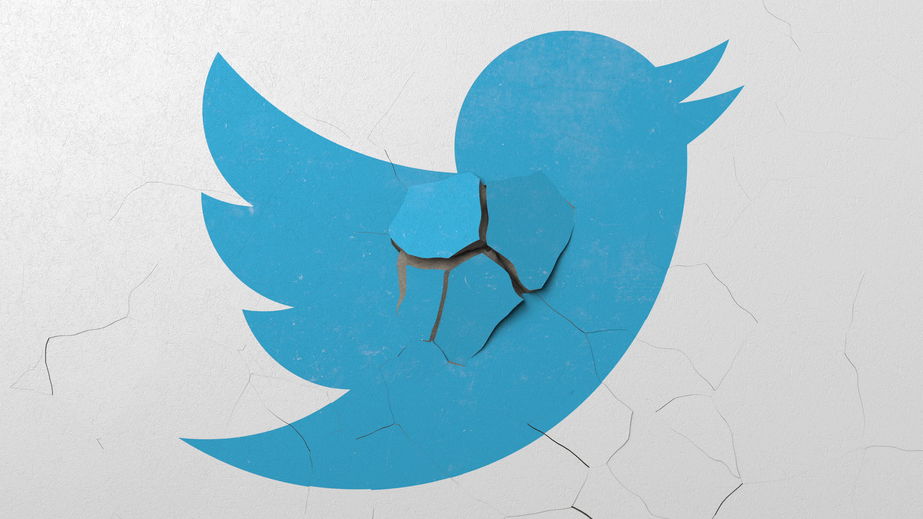On July 15, 2020, several political, corporate, and cultural leaders had their Twitter accounts hacked. Although still under investigation, it is believed that a group of young people, not sophisticated hackers, carried out the breach in an attempted Bitcoin scam.
The Twitter accounts of Barack Obama, Elon Musk, Jeff Bezos, and Kanye West were just a few of those targeted by the hackers. Later reports also revealed that 130 other accounts were compromised and the perpetrators were able to download personal data from some of the compromised accounts.
In light of this recent breach, it is important to know how to protect yourself against hackers and potential options for recourse in the event that you are a victim of a hacking scheme.
Common Hacking Techniques
The two most popular hacking techniques are phishing messages or taking information from individual websites, like social media accounts and email. Phishing messages, usually come as emails or text messages and include hyperlinks to trick you into installing spyware on your device. By unknowingly installing this spyware on your device, a hacker has access to all the information on the device.
Hackers can also steal personal information from websites like Facebook and Twitter. These websites have security measures in place to prevent their users’ personal information from being compromised. However, these measures are not always effective as was evident in the Twitter breach last week.
How to Bring a Claim Against Hackers in Florida
The most difficult part of bringing a claim against any hacker is identifying the hacker. Hackers often hide behind fake screen names to maintain anonymity, so it will take some work to identify the perpetrator. However, once that is accomplished, most device hacks are covered under the Computer Fraud and Abuse Act. This act protects any computer or device intentionally accessed without authorization or exceeded authorized access, and any information from the protected computer or device. Bringing a claim under this federal statute has the same process as any other lawsuit.
Who is Liable When a Data Breach Occurs?
The Twitter breach is still under investigation, so the answer in this specific instance is not clear. It has been alleged that a Twitter employee was involved in the hack, giving other access to the accounts. If this were the case, Twitter might have some liability depending on the contractual relationship of the employee (whether that person was an actual employee, or an independent contractor).
Although Twitter is conducting an internal investigation, lawmakers have confronted Twitter about the breach, specifically addressing Twitter’s failure to protect its users’ information. This accusation definitely assumes that Twitter has liability in this situation, but Twitter’s liability cannot be confirmed until a full investigation has been conducted.
There’s still a more general question to be asked: who is responsible for a customer’s personal information in the event of a breach? Under current law, it is the data owner who is liable for loss resulting from a data breach, not the data holder. Lawmakers have only passed legislation regarding data stored in physical computers, not remotely-stored data like in the cloud. Because there is no established law, courts look to contractual terms, such as the terms and conditions on a website, and weigh several factors in determining liability. The only clear legal obligation that exists for data holders is that they must report a breach to data owners.
Some factors weighed by courts include:
- Whether an entity reasonable security
- Whether an entity mitigated the damages caused by the breach
- Whether an entity notified the affected individuals in a timely manner.
How to Protect Yourself and Your Business Against Hackers
Here is a list of ways to protect your devices from hackers:
- Delete suspicious emails
- Create strong passwords
- Use multifactor authentication on your online accounts
- Activate account safety alerts if available
- Only use trust applications
- Install antivirus software
- Keep your software up to date.








